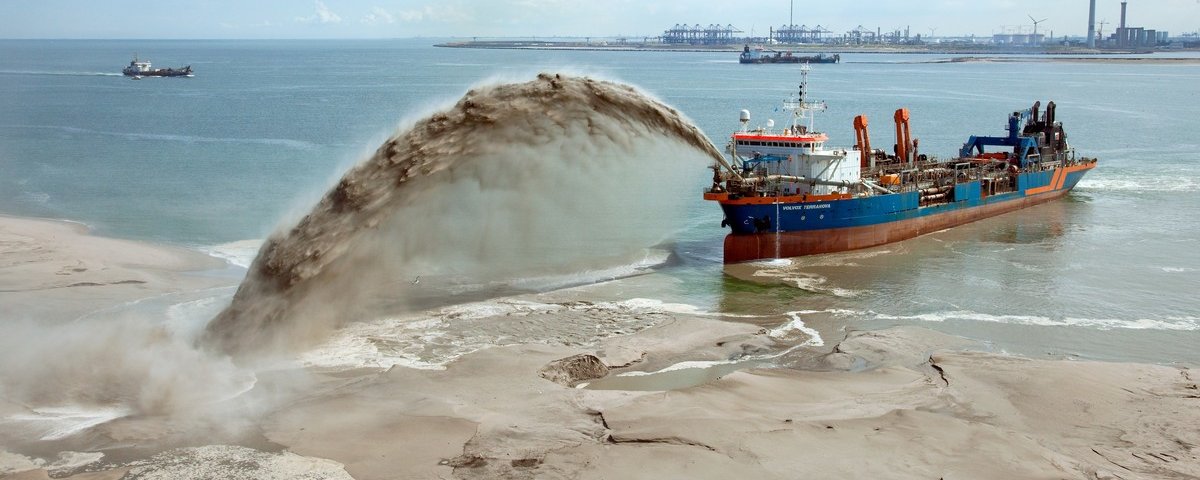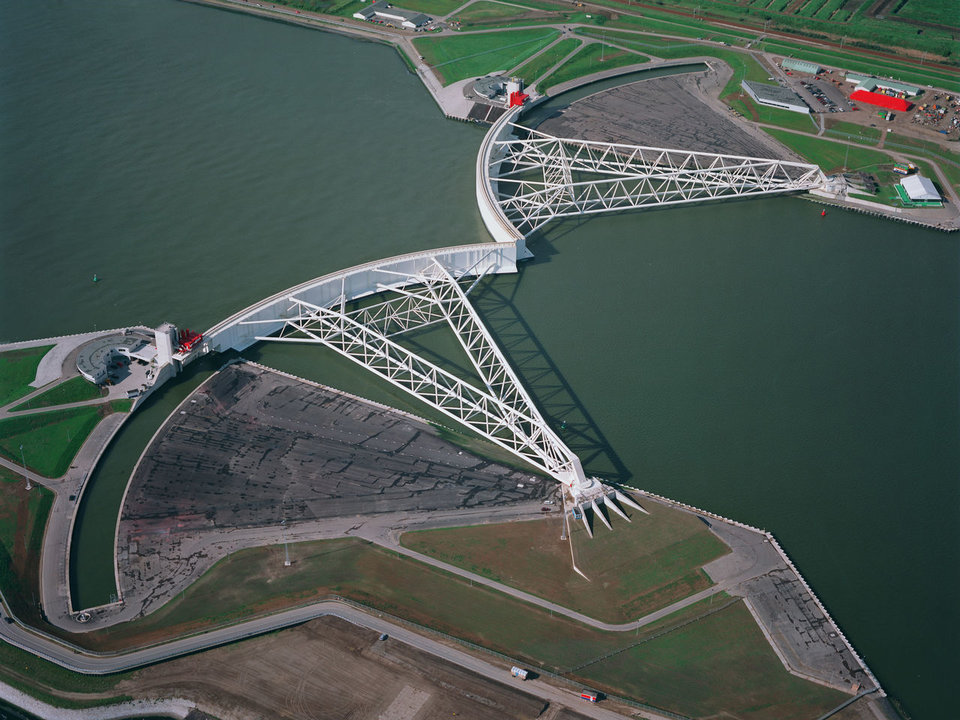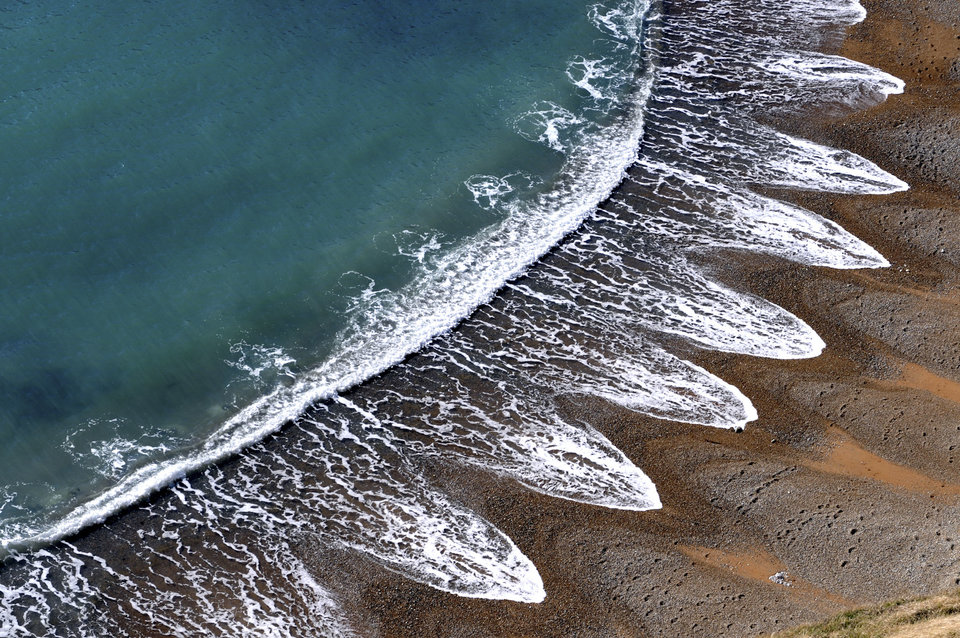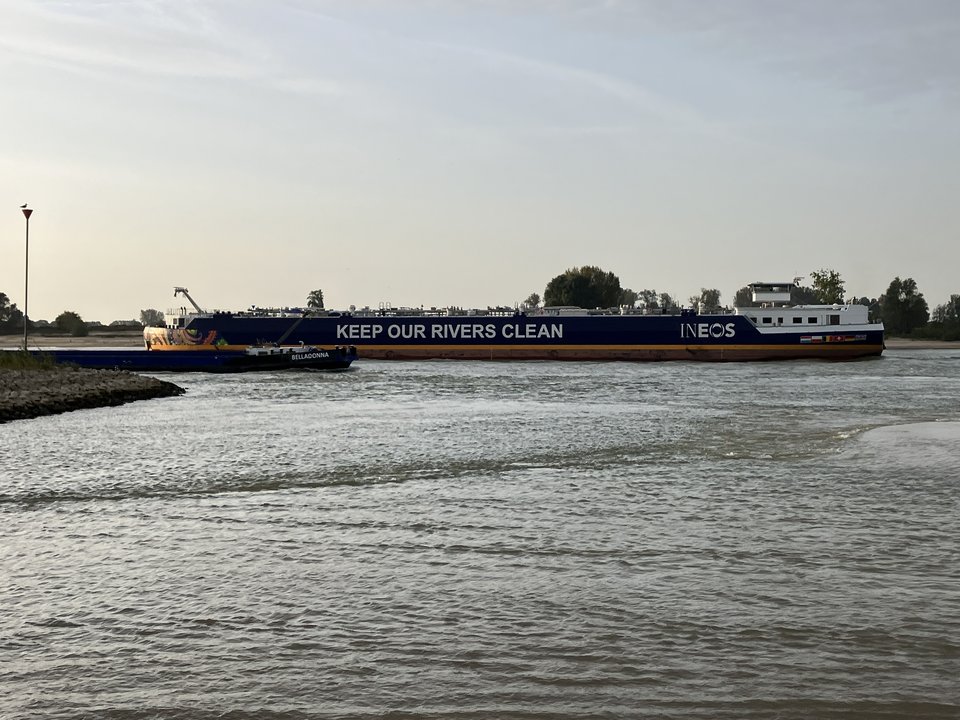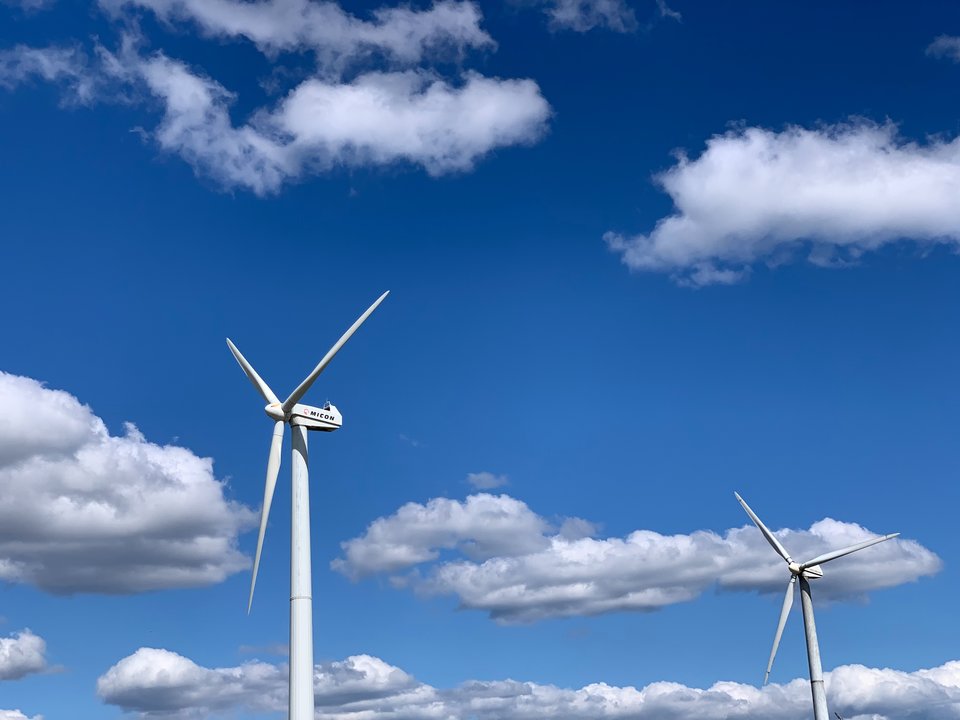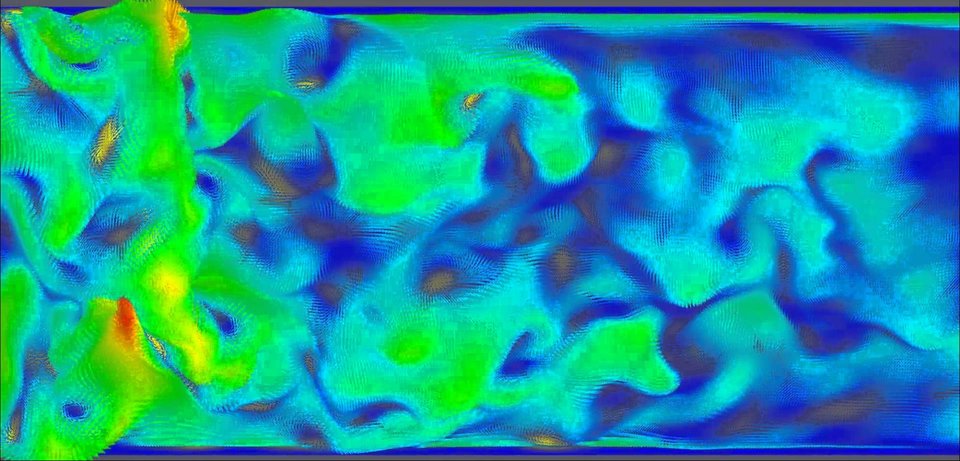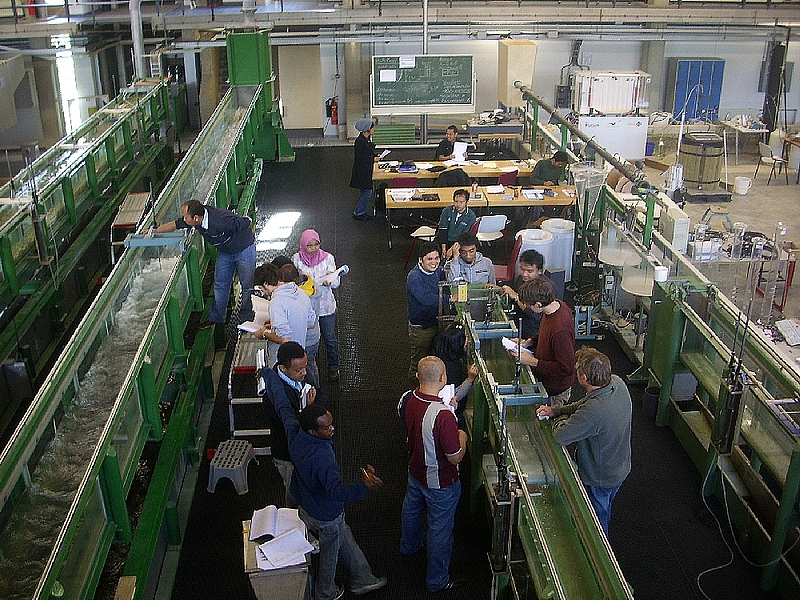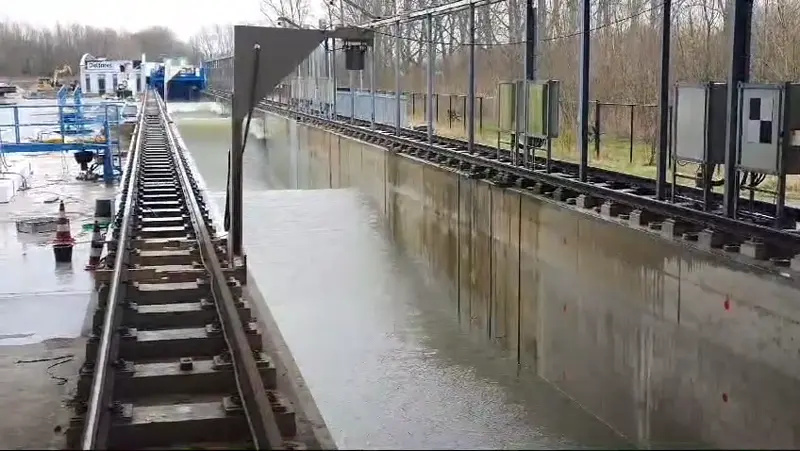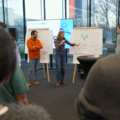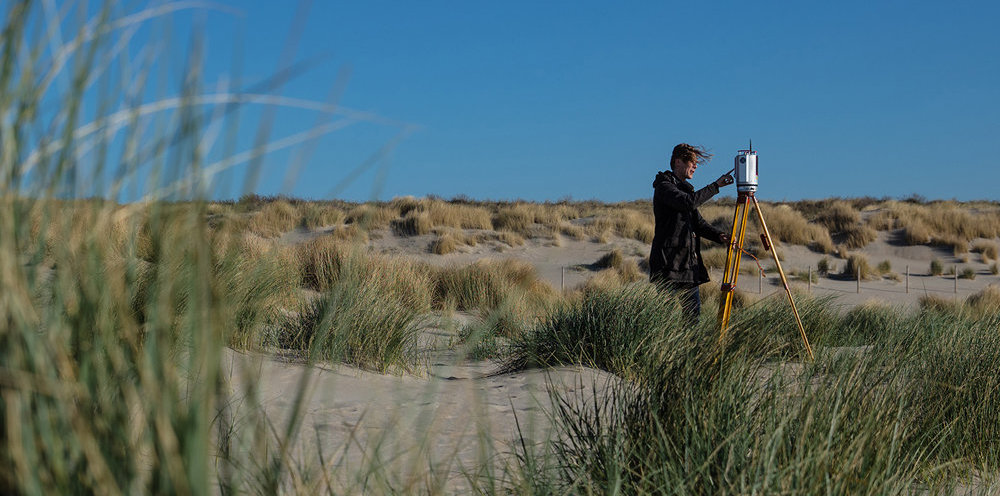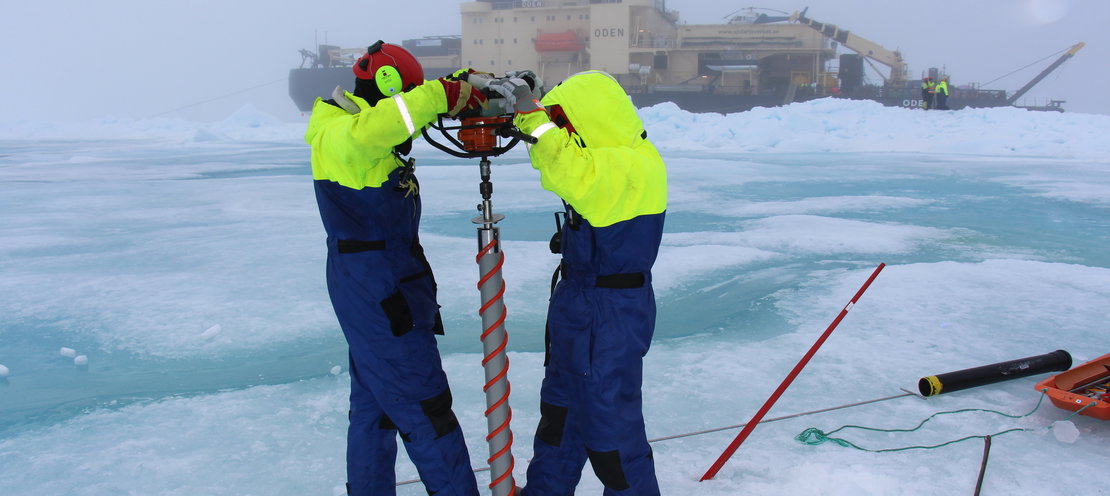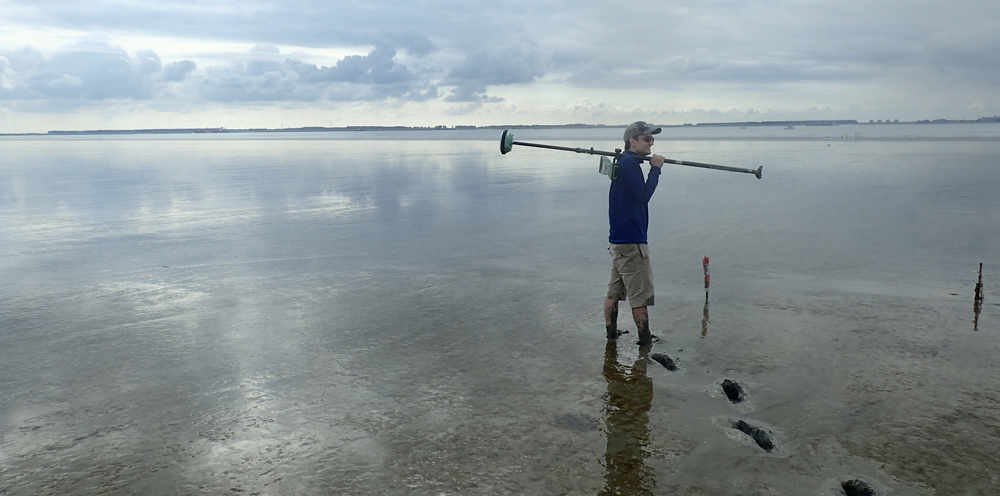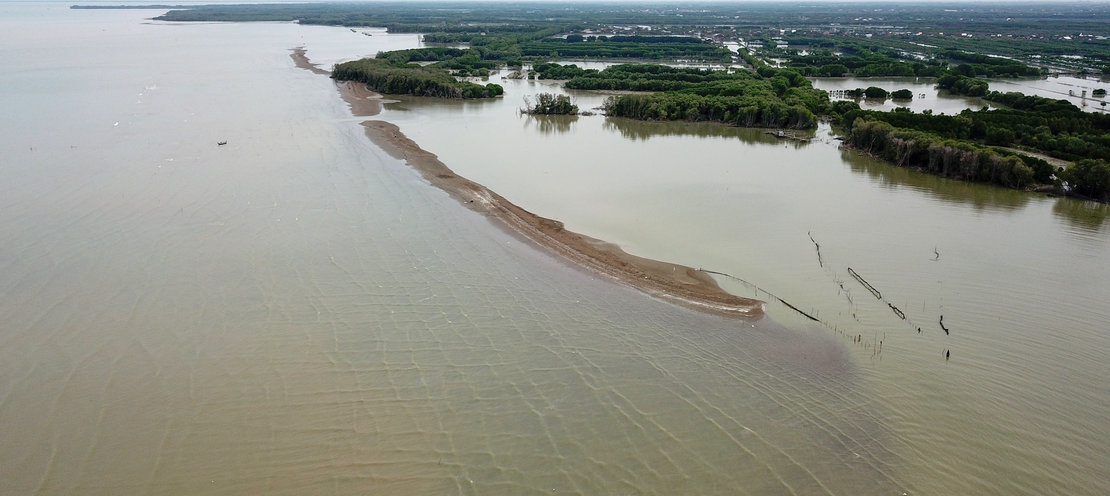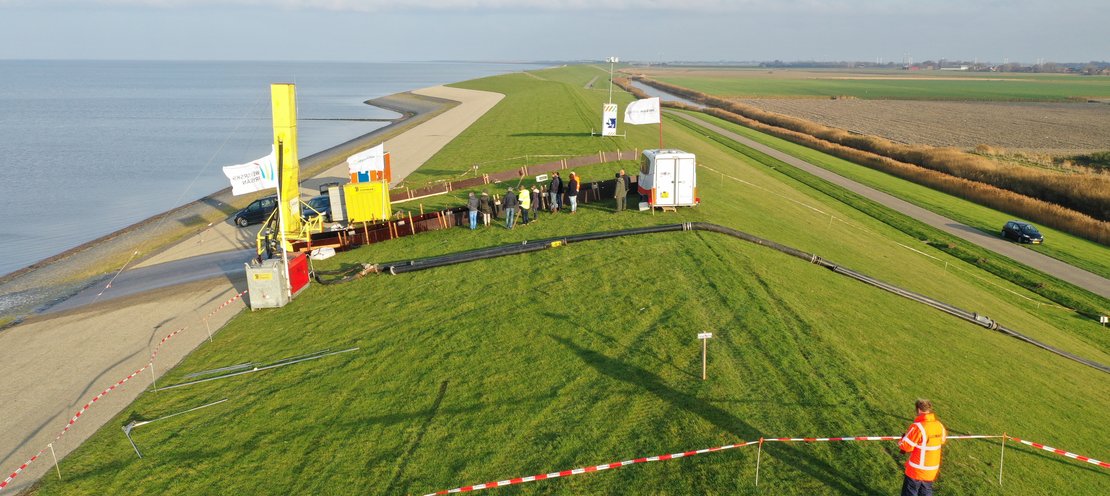Hydraulic Engineering
Welcome to the website of the Department of Hydraulic Engineering of the Faculty of Civil Engineering and Geosciences of Delft University of Technology.
We have designed this website to inform and facilitate current students, prospective students, alumni, scientists, practitioners, media, colleagues and our staff on our field of focus. Our homepage offers access to section-related information that we control and update, to our direct "Delft" environment and it offers a login to our staff.
Sections
News
Agenda
Stories of Science
Item 1
of
6

